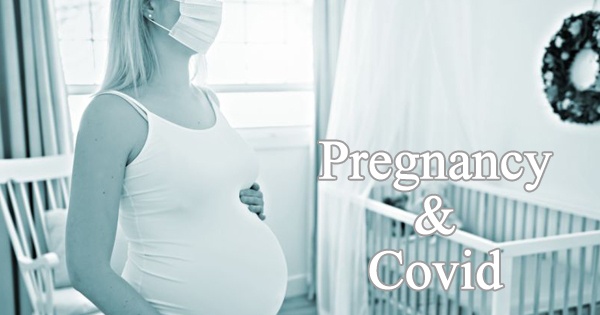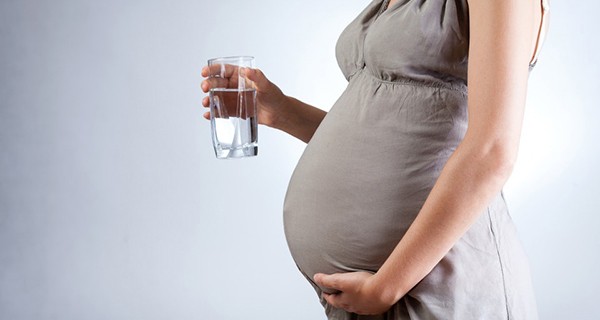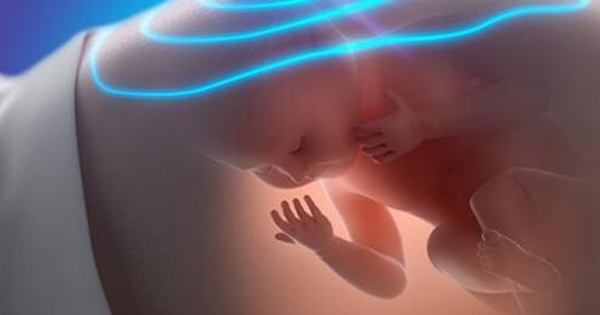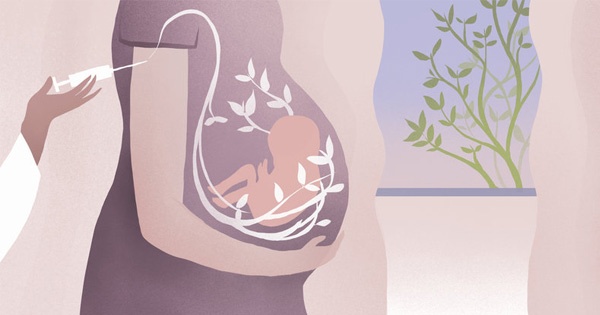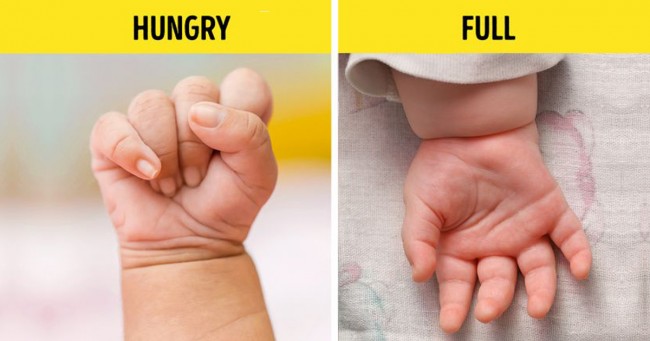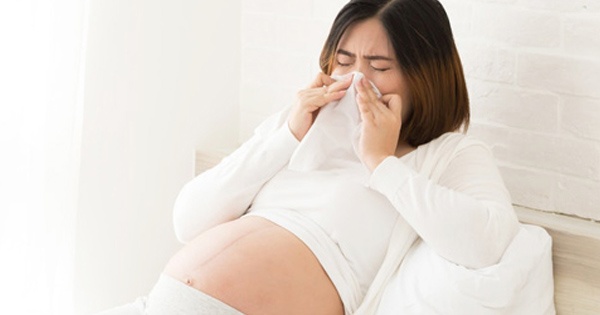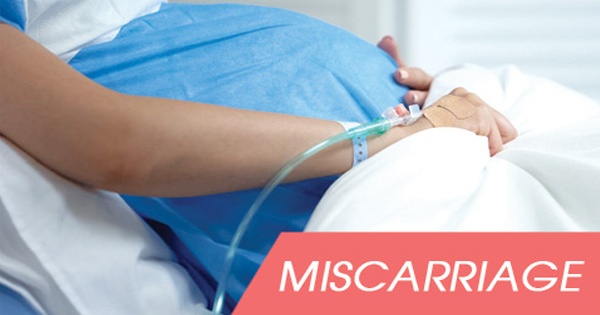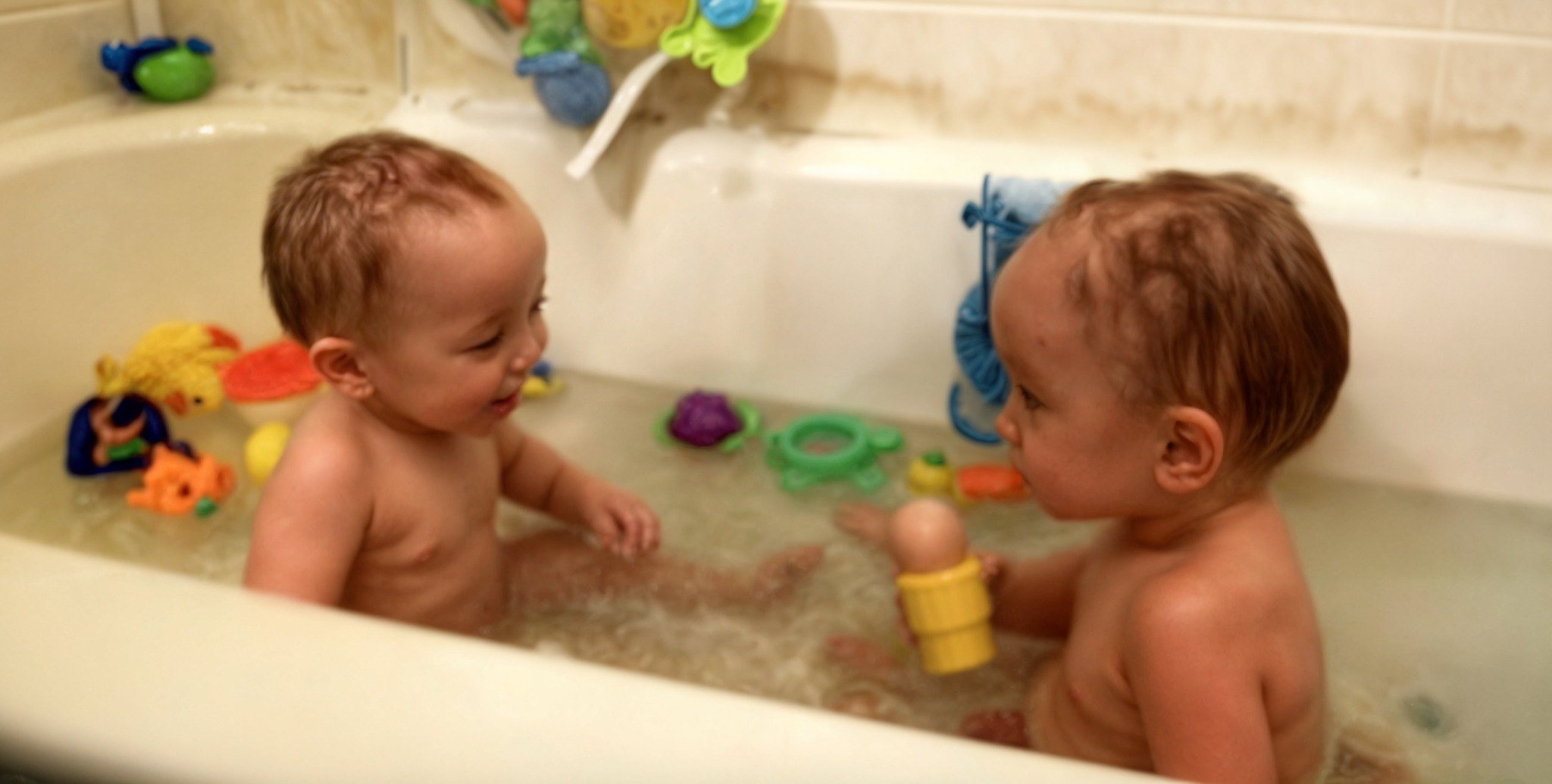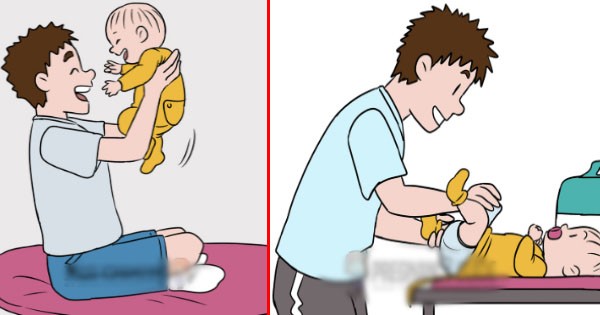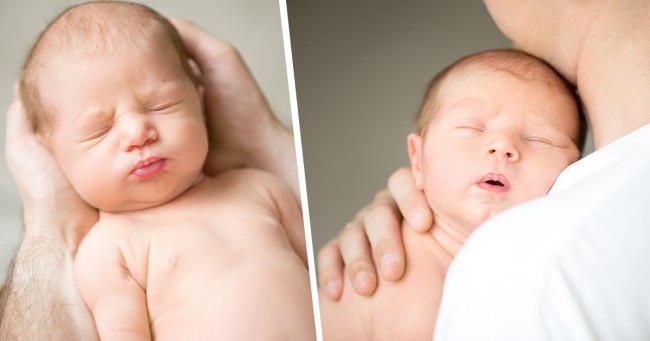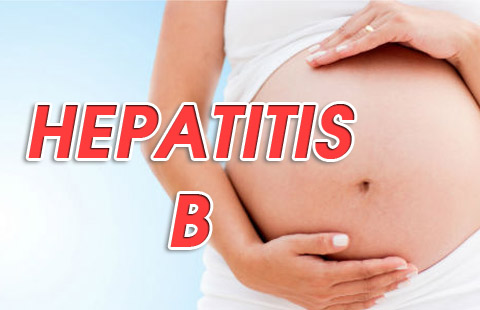

Hepatitis B is a disease spread in the community through 3 different ways including sex, blood transfusion and from mother to child. Hepatitis B infection is a serious problem for pregnant women, especially the risk of transmitting hepatitis B to the fetus during pregnancy.
1. Symptoms of a mother with hepatitis B
Fatigue: Pregnant women with hepatitis B will feel more tired than normal pregnant women. During this period, women should rest completely to avoid negatively affect the health of both mother and fetus.
Abdominal pain: Abdominal pain in pregnant women with hepatitis B happens in waves, sometimes with intense pain.
Anorexia: This is a common symptom in all cases of hepatitis B; however, with pregnant women infected with hepatitis B, despite anorexia, moms still need to add enough nutrients necessary for both the fetus and the mothers.
Nausea: This is also a symptom that most pregnant women experience. However, pregnant women with hepatitis B should pay attention to the advice of specialists to monitor the specific situation of the disease during pregnancy to make sure good treatment for both babies and moms.
Jaundice: When a pregnant woman’s skin turns yellow, it shows that hepatitis is in a dangerous stage. Therefore, pregnant women need to visit a doctor to have the best treatment.

2. Transmission of hepatitis B to the fetus
In addition to the transmission of hepatitis B through blood transfusion, sexual intercourse, there is also a risk of mother-to-child hepatitis B transmission. When a pregnant woman is infected with the hepatitis B virus, she can infect her baby with hepatitis B.
During the first 3 months of pregnancy, the rate of mother-to-child hepatitis B transmission is 1%. If the mother has hepatitis B in the middle 3 months of pregnancy, the rate of infection with the baby is 10%, and this rate will increase up to 60-70% if the mother is infected in the last 3 months of pregnancy. If a mother is infected with severe hepatitis B in the third stage of pregnancy, there is a potential risk of preterm birth.
The risk of transmitting hepatitis B to the fetus can be up to 90% if there is no protection right after birth, 50% of these children will have chronic hepatitis and are at risk of developing cirrhosis in adulthood.

3. Prevent hepatitis B transmission during pregnancy
In the case of transmitting hepatitis B to the baby during birth, 90% of the children will carry the chronic virus and have an adult risk of developing the disease. Therefore, it is necessary to prevent the transmission of hepatitis B virus to husband and babies.
In order to prevent infection of the hepatitis B virus for the fetus effectively and to decide whether the mother needs immediate treatment, the couple should go to a hospital to be examined, tested, given specific advice.
In addition, to prevent the transmission of hepatitis B from mother to child, the baby must be vaccinated after birth with: immune antibody (HBIG), an antibiotic to protect the body against the severe symptoms of hepatitis B and the vaccine against hepatitis B. If the two vaccines are given to the baby within 12 hours after birth, the newborn has a 90% chance of being protected from hepatitis B for life. Moms need to make sure the baby will get the next 2-3 shots of the hepatitis B vaccine scheduled. All shots must be completed for the newborn to be fully protected against hepatitis B. It is also important that babies born to a mother who is HBV positive must have a post-vaccination serum test at 9-12 months to confirm that the baby is protected against HBV and is not infected.
On the other hand, to limit the possibility of transmitting hepatitis B to the fetus, it is also important to reduce the concentration of hepatitis B virus in the mother. Pregnant women should avoid alcohol drinks. Women who are infected can be vaccinated against hepatitis B before or during pregnancy so that hepatitis B does not have a chance to attack a healthy body.
In addition to the hepatitis B vaccination, it is important to avoid transmission of hepatitis B infection:
- Toothbrush, razors, etc must be used separately.
- Avoid exchanging body fluids through oral, vaginal or anal sex.
- Immediately heal cuts, bleeding wounds or bruises to avoid direct contact with blood.
- Never touch anyone’s blood or body fluids without protective equipment.
Hepatitis B causes a lot of dangerous complications and negatively affects the health of the fetus. Therefore, before having a baby, moms should check whether moms are infected with hepatitis B or not. If yes, moms should treat the disease before pregnancy.
